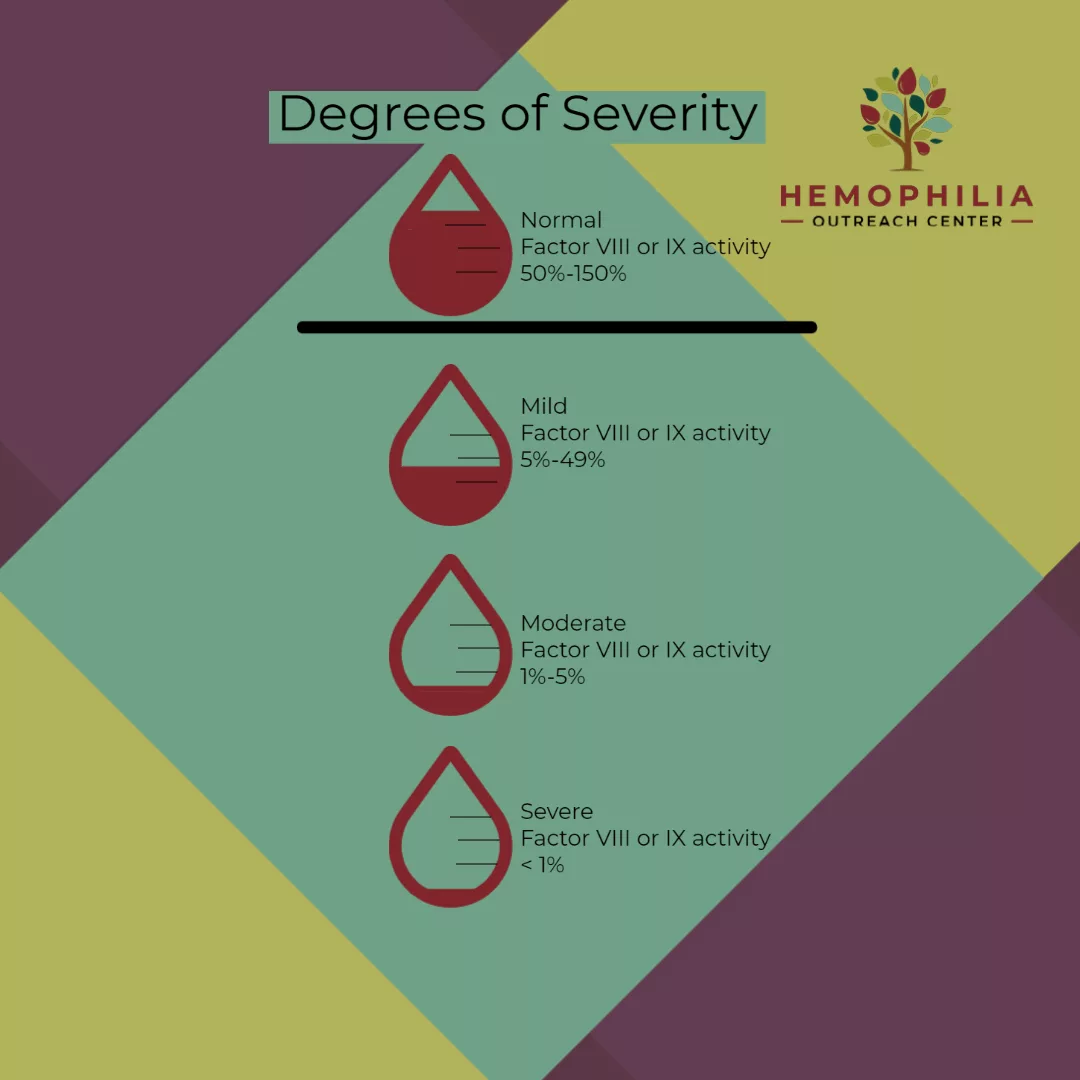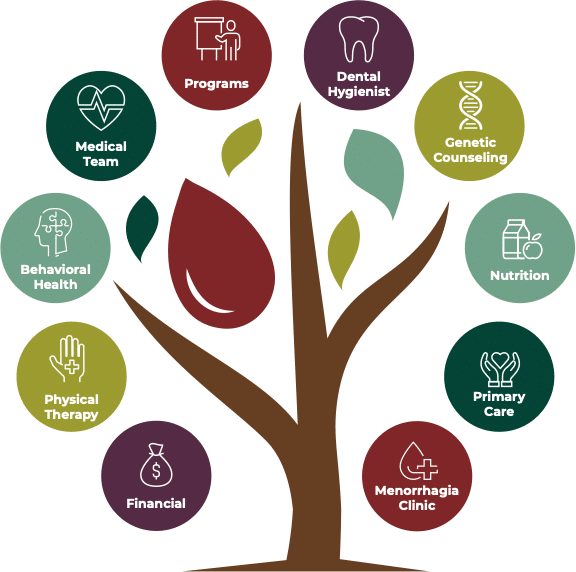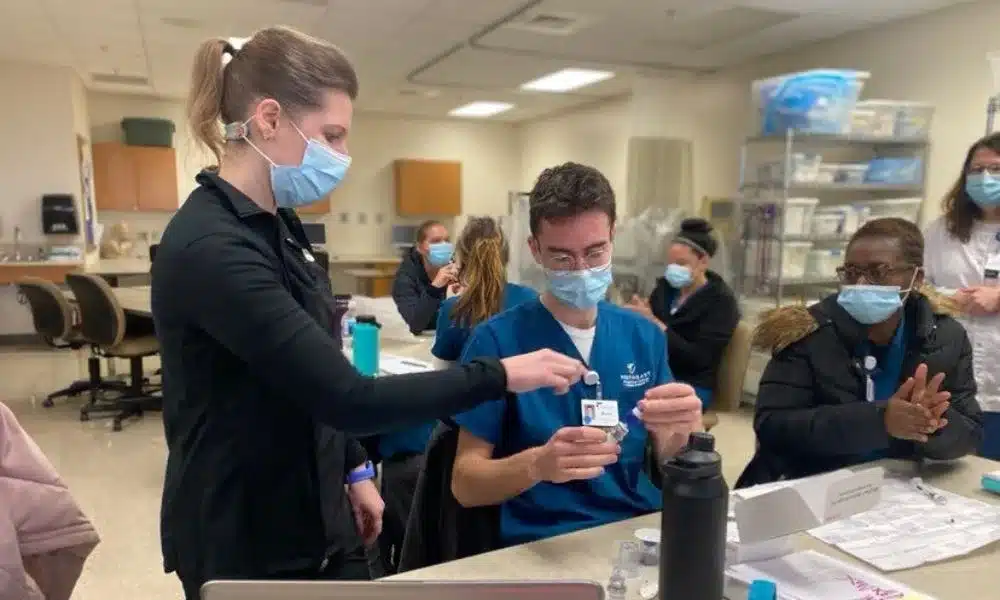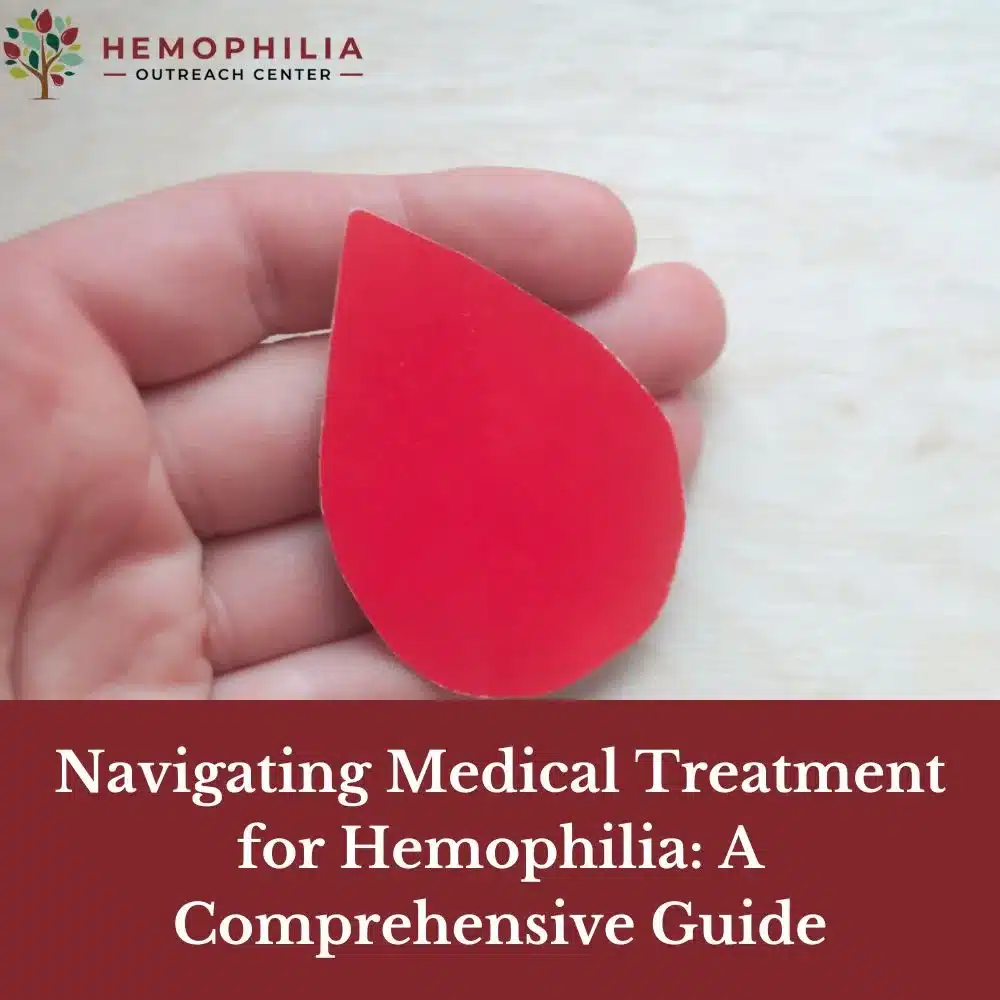Hemophilia, a rare but significant bleeding disorder, requires nuanced understanding and specialized care. This guide, leveraging insights from the Hemophilia Outreach Center (HOC) and current medical institutions, offers a deep dive into managing hemophilia effectively.
Understanding Hemophilia
Types of Hemophilia
Hemophilia A and B are the most common forms, differentiated by the deficient clotting factor—VIII for Hemophilia A and IX for Hemophilia B. Treatment and management strategies vary accordingly, highlighting the importance of precise diagnosis.
Diagnosis and Assessment
Early diagnosis is crucial. It typically involves blood tests to measure clotting factor levels. Understanding the severity—mild, moderate, or severe—based on clotting factor activity, guides treatment planning.

Treatment Protocols for Hemophilia
Replacement Therapy
The backbone of hemophilia treatment, replacement therapy involves administering clotting factor concentrates to prevent or control bleeding episodes. Innovations have led to the development of longer-acting factors, reducing the frequency of treatments.
Prophylactic vs. On-Demand
Prophylactic treatment involves regular infusions to prevent bleeds, whereas on-demand therapy is administered at the sign of bleeding. The choice between them depends on several factors, including severity, lifestyle, and individual patient needs.
Gene Therapy: A Promising Horizon
Gene therapy has emerged as a groundbreaking advancement in the treatment of hemophilia, with the goal of introducing functional genes into a patient’s body to naturally produce the missing clotting factor. Although gene therapy for hemophilia is still in the experimental phase, the early results are promising and suggest the possibility of long-term, and perhaps even life-long, relief from bleeding episodes.
Hemophilia Outreach Center (HOC) has played a pivotal role in this innovative field. In June 2023, HOC was involved in a landmark event where a Wisconsin resident became the first-ever hemophilia B patient to receive gene therapy since the FDA approved HEMGENIX® (etranacogene dezaparvovec), marking a significant step forward in the treatment of this condition.
This milestone highlights HOC’s dedication to leading the way in hemophilia treatment advancements. Through our commitment to education and advocacy, HOC empowers patients and families to lead informed, active lives, positioning themselves at the forefront of care for individuals with hemophilia.
Comprehensive Care Models in Hemophilia Treatment Centers (HTCs)
Hemophilia Treatment Centers (HTCs) are specialized healthcare facilities that provide a comprehensive care model for individuals with hemophilia and other bleeding disorders. This model integrates medical, physical, and psychosocial support to address the complex needs of patients. HTCs are staffed by multidisciplinary teams that include hematologists, nurses, physical therapists, social workers, and other health professionals with expertise in bleeding disorders.

Multidisciplinary Team Approach
HTCs employ a team-based approach to care, which includes:
- Hematologists: Doctors specializing in blood disorders.
- Orthopedists: Specialists in bones, joints, and muscles.
- Primary Care Physicians: Medical doctors specializing in first-contact healthcare, managing overall patient health, diagnosing a wide range of conditions, prescribing treatments, and coordinating referrals to specialists.
- Physical therapists: Professionals who assist with mobility and pain management.
- Nurses: Provide ongoing care and patient education.
- Advanced Practice Providers: Health professionals offering specialized care, often with significant autonomy, including diagnosing conditions, prescribing medications, and managing patient treatment across various specialties.
- Social workers and mental health professionals: Offer psychosocial support.
- Lab medical technologists and pathologists: Conduct necessary testing.
- Other specialists: Available by referral, such as dentists, nutritionists, and genetic counselors.
Emphasis on Prevention and Education
HTCs focus on prevention services to reduce or eliminate complications associated with hemophilia. They provide patient and community education on state-of-the-art bleeding management and conduct community outreach to underserved populations. Education about the disorder is a key component of the care provided at HTCs.
Integrated Care and Improved Outcomes
The integrated care model of HTCs has been shown to improve health outcomes for patients. A CDC study indicated that individuals who utilized an HTC were 40% less likely to die of hemophilia-related complications compared to those who did not use an HTC. This model has also been associated with reduced hospital stays and emergency department visits, as well as less illness-related time off from work and school.
Expansion of Services
Over the years, HTCs have expanded their services to include programs such as infusion certification, vocational guidance, and family planning. This evolution reflects the growing acceptance of prophylaxis as the standard of care for severe hemophilia and the recognition of the value of integrated, team-based care.
National Network and Resources
There is a national network of over 130 federally funded HTCs in the United States, which are organized within regional networks. These centers collaborate with local consumer advocacy organizations and provide financial counseling and advocacy with insurance payers. In summary, HTCs represent an optimal care model for individuals with hemophilia, offering comprehensive, multidisciplinary care that not only addresses medical needs but also supports patients’ overall well-being and quality of life.
Accessing Support and Resources
Accessing Support and Resources beyond immediate medical care, Hemophilia Treatment Centers (HTCs) provide a wealth of resources, including educational programs, support groups, and assistance with navigating healthcare challenges. Hemophilia Outreach Center’s (HOC) commitment to education and advocacy empowers patients and families to lead informed, active lives. HOC operates with a patient-centric approach, aiming to establish deep connections with each individual to ensure successful medical care. This is evident in the dedicated care teams they have in place at their two Wisconsin locations.
Hemophilia Outreach Center’s Approach
HOC exemplifies comprehensive care, serving patients across Wisconsin and upper Michigan. Our care model goes beyond addressing the physical and medical needs of patients, providing a coordinated preventative approach. HOC’s team of professionals is dedicated to offering world-class medical care, education, and advocacy to the bleeding disorders community.
Green Bay and Wausau Care Teams
The Green Bay care team and the Wausau care team are staffed by experts in hemophilia, offering a range of services from diagnosis to advanced treatment modalities. Each center’s approach is tailored to meet the unique needs of their community, ensuring patients have access to the best possible care. HOC’s Wausau location is praised for its comprehensive care, education, and advocacy for the bleeding disorders community. Our team is committed to turning the belief in teamwork into action, ensuring that each patient’s medical care is a success. Both teams are always ready to provide the support and guidance needed to live a full and active life, as evidenced by patient testimonials that speak to the quality of care and support provided by the HOC.
Accessing Support and Resources
HTCs like HOC offer more than just medical treatment; they provide a holistic approach to care that includes educational programs, support groups, and assistance with navigating healthcare challenges. HOC’s dedication to education and advocacy ensures that patients and families are well-informed and active in managing hemophilia.

Innovations in Hemophilia Care
Emerging Treatments Such as Gene Therapy and Non-Factor Therapies
Beyond traditional therapies, new treatments like emicizumab offer hope for those with inhibitors, challenging cases where the body rejects factor concentrates. Additionally, ongoing research into subcutaneous (under the skin) administration of treatments promises easier, less invasive care options.
The Future of Hemophilia Treatment
As research advances, treatments become more effective and less burdensome, promising a future where hemophilia is a manageable condition with minimal impact on daily life. The focus remains on enhancing quality of life, preventing complications, and moving closer to a cure.
In conclusion, navigating the complexities of hemophilia treatment requires a comprehensive approach that encompasses advanced medical therapies, personalized care plans, and an extensive support system. Hemophilia Outreach Center, through its dedicated care teams in Green Bay and Wausau, stands at the forefront of this effort, offering hope and help to those affected by hemophilia. As treatments evolve and our understanding of hemophilia deepens, the prospect of living a full, active life with hemophilia becomes increasingly attainable.




